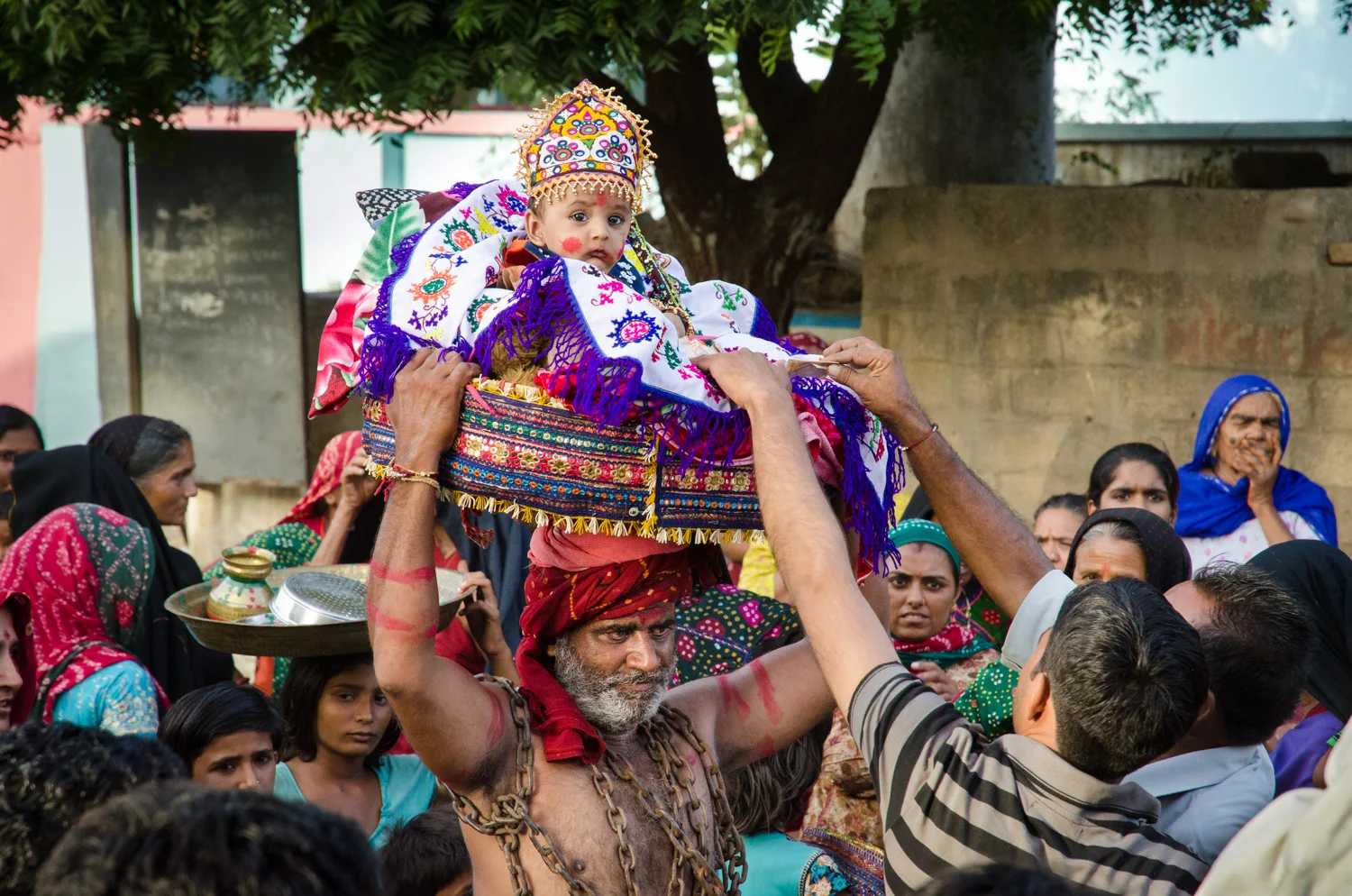
The Essence of True Development
At the core of any meaningful development lies a central concern: the well-being and progress of people. This is not just about building roads or increasing economic indicators; it's about improving the quality of life for everyone. True development is a multidimensional process that encompasses economics, social harmony, environmental sustainability, and a deep understanding of the relationship between people and nature. It must be sustainable and grounded in the realities of those it aims to uplift.
Culture as a Living Force
Traditional culture is not something to be preserved in museums or only celebrated during special events. It is a living, dynamic force that influences how we live, think, relate, govern, learn, and build. Culture serves as a practical guide that shapes our approach to governance, enterprise, education, justice, and healthcare. In essence, it is the architecture of our social organization.
Culture defines our priorities, ethics, relationships, and the systems we create to manage our societies. It is not separate from development; rather, it is the very foundation upon which development is built. By embracing our cultural values, we can create a more inclusive and effective approach to growth.
Heritage: The Soul of a People
Heritage represents the soul of our people. It is a collection of our history, philosophies, achievements, and collective wisdom. It is the memory of our ancestors and the legacy they left behind. Our heritage drives behavior, instills pride, and offers tested templates for successful living. It gives us a sense of identity and purpose, teaching us where we came from and how we have overcome challenges in the past.
This knowledge is crucial for shaping our future. It helps us understand our roots and provides guidance on how to continue thriving. Heritage is not just about the past; it is a vital component of our present and future.
Governance Aligned with Culture
Governance—the way power and resources are managed—must be informed by the culture and heritage of the people. The primary goal of governance should be to use all available resources to improve the lives of all citizens. For this to be successful, our developmental goals must align with our cultural values and collective aspirations.
When governance is disconnected from culture, societies often face division and conflict. However, when it is rooted in shared values, such as the African principle of Ubuntu, which emphasizes "I am because we are," unity, purpose, and equity become achievable. Traditional societies often had principles that ensured land was accessible to all and that families and communities had a voice in decisions. These principles are not outdated; they are blueprints for inclusion and sustainable development.
Sankofa: Returning to Move Forward
To transform our lives and societies, we must embrace the concept of Sankofa—going back to reclaim what we have lost or forgotten in order to move forward. Our culture and heritage hold the tools necessary to mobilize all our people. They provide the foundation upon which we can build a development that is human-centered, sustainable, and uniquely ours.
Conclusion
There can be no meaningful development without the active engagement of traditional culture and heritage. They are essential, not optional. If we are to build a future worthy of our people, we must do so through the values, wisdom, and institutions that have sustained us for centuries.
Let us therefore root our development in who we are—our culture, our heritage, and our values—and walk boldly into the future, together.
